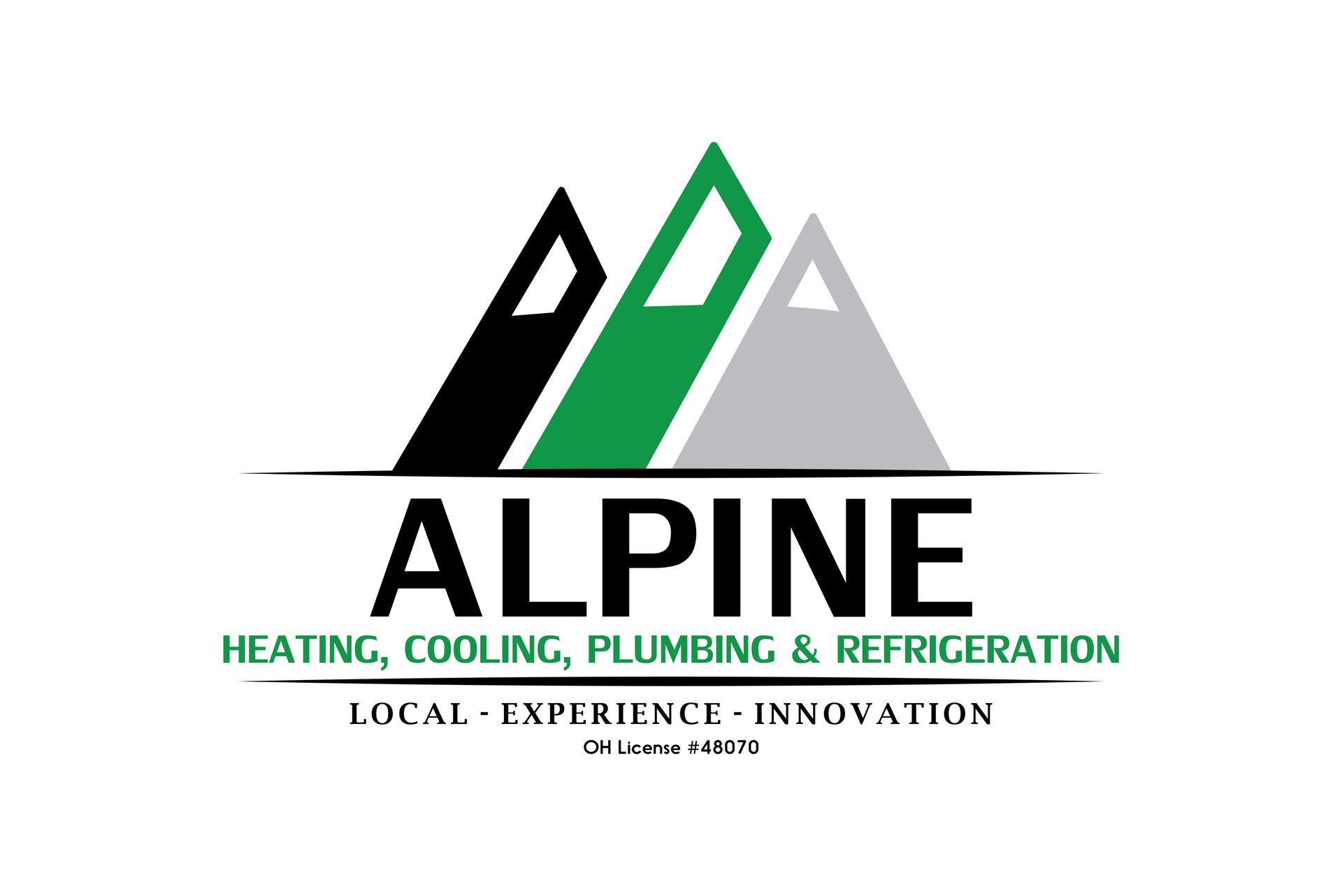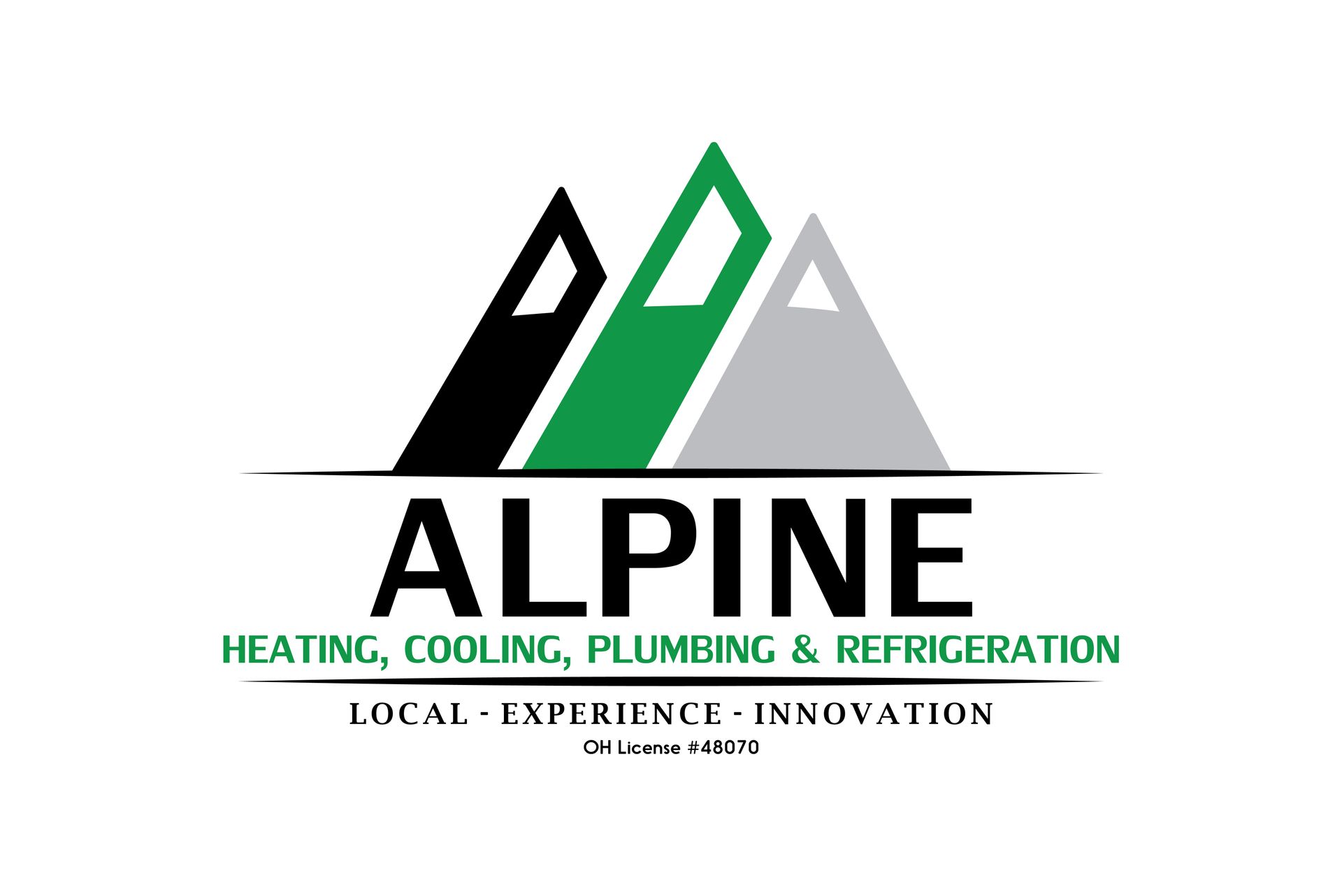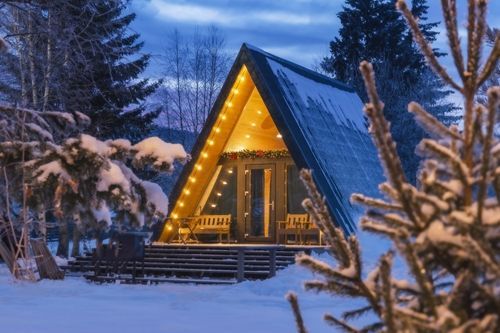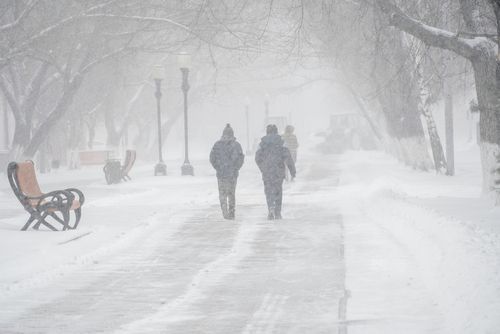A Guide to Winterizing the AC Unit
With the summer heat over for the year, you may think all that’s necessary to do for your air conditioner is switch it off until spring returns. However, even as you begin using the furnace, it’s important to take precautions against rust, freezing, and other forms of damage winter weather can inflict on your AC. Here's a closer look at the risks and how you can guard against them.
Why an Air Conditioner Needs to Be Winterized
Snow and ice can penetrate the outdoor condenser unit. Though a small amount isn't a problem, accumulation can lead to rust and corrosion that will cause problems when you turn the system back on next year. Small animals and pests can also seek shelter in the condenser unit when the fan doesn't run for months at a time. Taking precautions against these issues will protect your investment and ensure your AC will be ready for use with minimal preparation in the spring.
Furthermore, these steps will extend the life span of your air conditioner, as less wear and tear on internal components will lead to fewer costly repairs and part replacements. Because a worn or damaged AC system typically requires more energy to cool indoor air, preventive maintenance will lower your monthly energy and maintenance expenses.
How to Prepare Your AC for Winter
To prepare your air conditioner for cold weather, turn it off and check the outdoor condenser, taking care to remove any twigs, leaves, or other debris that's gotten lodged around the unit. This will reduce the chance of damage and help prevent pests from infiltrating it.
A waterproof vinyl cover should be placed over the condenser to protect it from windblown debris and snow and ice, with the bottom 12 inches or so exposed to prevent excess moisture and mold growth inside. If the unit has suffered physical damage, call a professional for repair so that no rust develops over the winter.
Next, change the air filter. In most homes, the furnace and AC use the same filter, and when it's clogged, it will circulate dust and other allergens through the ductwork while making it more difficult for the system to maintain a forceful airflow. Throughout the winter, inspect the outdoor unit for incidental damage, and replace the air filter every month to ensure optimal heating performance and prevent dirt and grime from collecting on the AC.
330.263.0013 or 330.359.7114
sales@alpinehcservices.com
https://www.alpinehcservices.com/contact





